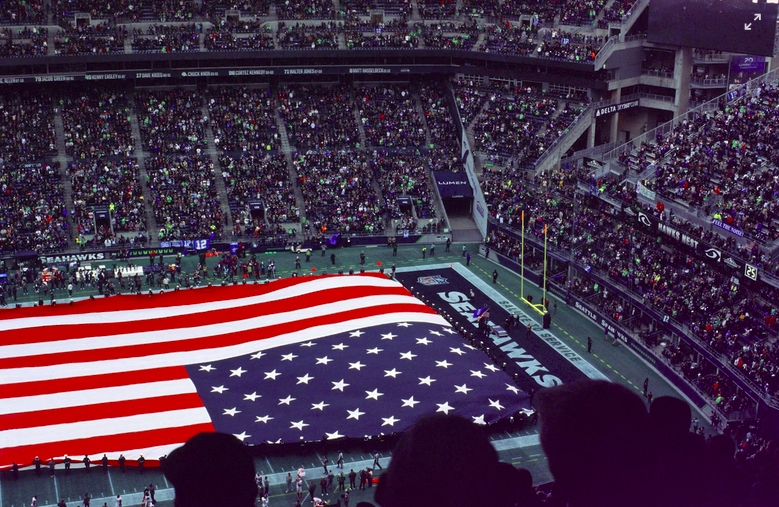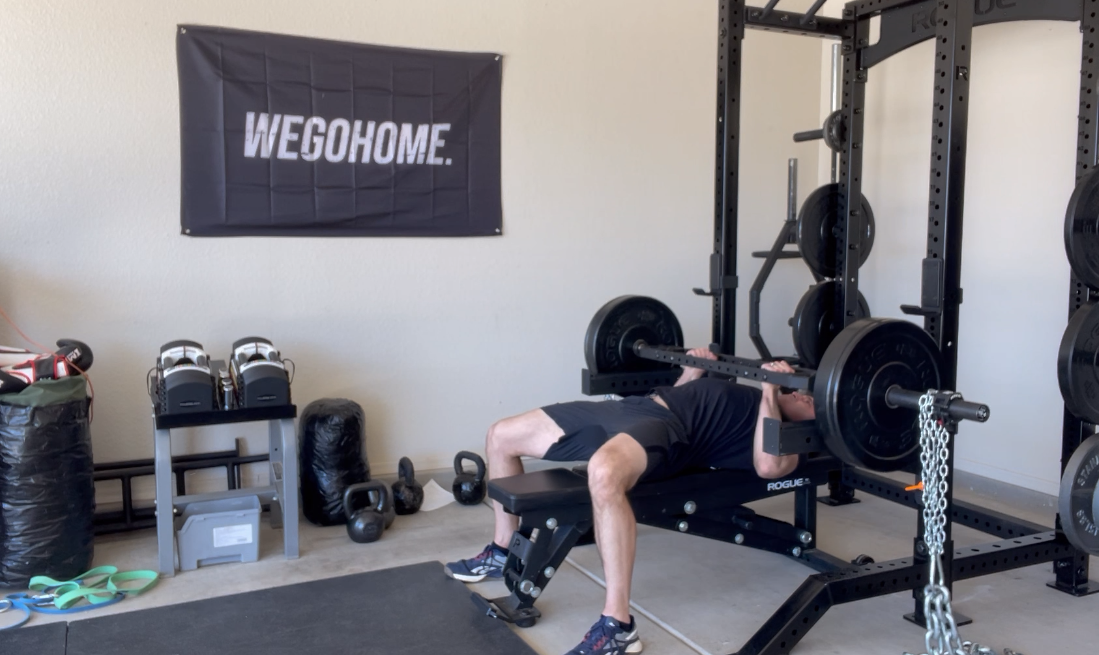It has been a long time since gladiators would battle to the death for the entertainment of roaring crowds packed into a large Colosseum. We have certainly evolved beyond such practices as a society…
As fans pack into large stadiums this football season to cheer for their favorite teams, and athletes crash into one another for their entertainment (see what I did there?), I think back to my time as a Graduate Assistant strength coach.
I had the privilege of being part of the physical preparation for these guys. Are many of them extremely gifted? Of course. However, most players trained extremely hard in the off season, often with the NFL as their ultimate goal.
I was too young to appreciate this at the time, but I think back to the positive training environment. Coaches constantly reminding the players why they were there, why we’re running them, why we’re lifting them, and why winning in-season starts in the off-season.
This was a culture of rewarding hard work and excellence. Eerily similar to the culture I experienced at the 75th Ranger Regiment.
Then I think back to my time as a cop. It was rare any of this existed in most of the training I did beyond the academy.
Why is that? Like a coach or an athlete, why at the patrol level can’t we break down the events you encounter, think about the skills you need for success, and train them? If you have a foundation of strength and conditioning, it will only make this easier.
If we break down a foot pursuit for a Police Officer like a coach breaks down an athletic event we see:
- Fine motor skills- operating a motor vehicle, seat belt, radio, etc
- Jumping out of the vehicle, probably landing on one leg- requiring force absorption, balance, and coordination.
- Acceleration into close to a max effort sprint- while under load
- Top end speed- or at least close to it...maintain a hard but maintainable pace through the duration of the event.
- Once catching the individual, potentially a hand to hand combat situation.
All of this requires a foundation of strength, aerobic capacity and power. This all takes time and volume. You don't build this with just 30 second max effort intervals.
Take a note from this football season. Remember when you see that player do something incredible, you’re just seeing a few seconds that was built off of hours, days, weeks, and months of training.
Then honestly ask yourself how you’re doing with your preparation.



